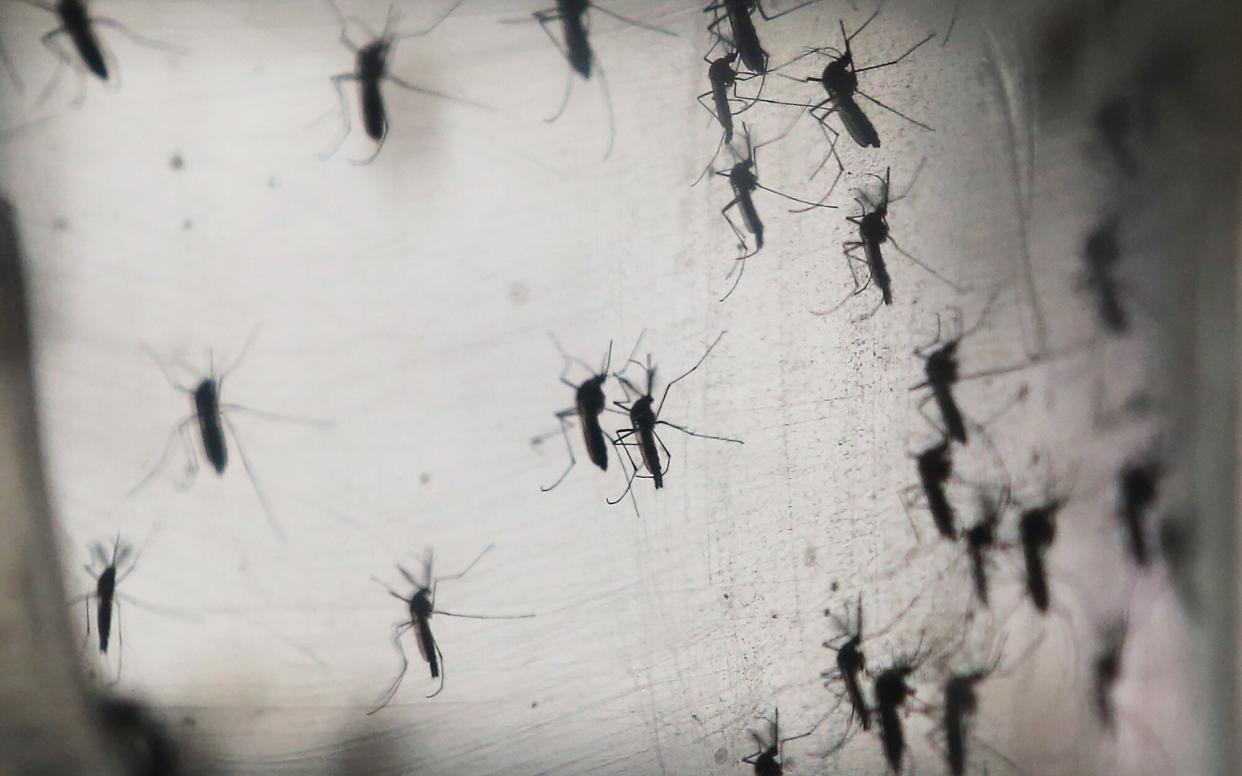Don't Worry About Getting Zika Virus—Worry About Spreading It

Mario Tama 2016 Getty Images
The CDC has been ramping up its warnings about Zika virus on a near-daily basis. First, it was women in their first trimesters that were advised to stay away from the 24 countries where Zika-carrying mosquitoes have been documented; now, all pregnant women are being told to put their travel plans on hold. But what about otherwise healthy, non-pregnant travelers headed to the Caribbean or South America?
“The situation is evolving day by day,” said Dr. Daniel Caplivski, Associate Professor of Infectious Diseases and Director of Travel Medicine at Mount Sinai’s Icahn School of Medicine, who is following the CDC recommendation and advising pregnant patients—or those planning to get pregnant—to stay away from the affected areas.
For anyone else, the concern about contracting Zika virus is minimal. “One in five people infected with Zika will get sick; for people who get sick, the illness is usually mild,” says Dr. Mark S. DeFranseco, president of the American Congress of Obstetricians and Gynecologists, who has been working closely with the CDC on Zika virus research. He elaborated that “many people might not realize they have been infected.”
The unlucky few with symptoms have little to complain about: unlike other mosquito-borne viruses contracted abroad (dengue fever, chikungunya, malaria, or typhoid, for instance), Zika manifests itself with nothing more than joint pains, rashes, or a fever. “Most travelers who get it—adults or children—won’t have a severe illness at all,” explained Dr. Caplivski. The exceptions exist in cases where patients have developed Guillain-Barre syndrome, a neurological paralytic disease that has followed a few Zika cases.
What you really need to worry about is propagating the virus at home. According to Dr. Caplivski, introducing the virus to the United States (or any other country where it currently doesn’t exist) is just as much a concern as contracting it yourself—if not more so. “So far, there haven’t been any sustained incidents of local transmission,” he said. “But if a returning traveler who is symptomatic gets bitten by a non-infected mosquito in the United States, that mosquito could spread the virus to others.”
Prevailing theories say that this is precisely what led to the spread of Zika in South America in the first place. Thanks to mass events that happened on a global scale over the last two years (think: the World Cup), travelers passing through Brazil—possibly with bug bites from Zika-carrying mosquitoes—could have brought the disease to western hemisphere, where it had never been recorded until about 15 months ago. (The disease has been prevalent in Africa and Asia for decades, but communities there have since developed immunity.)
“The population in the Americas has never seen this virus or developed immunity,” explained Dr. Caplivski, “so Zika can replicate at higher levels [in this part of the world]. That’s how transmission is increased.”
So what to do if you might have been affected? The CDC recommends treating the symptoms by getting plenty of rest, drinking plenty of fluids to avoid dehydration, and taking medicines such as acetaminophen or paracetamol to reduce fever and pain.
Just as importantly, you might stay inside as much as possible, to avoid being bitten by anything else. “Zika virus is only present in the blood for around 3 to 5 days,” said Dr. Caplivski, though the incubation period can last up to 2 weeks. In other words, it doesn’t take long to get in the clear.

